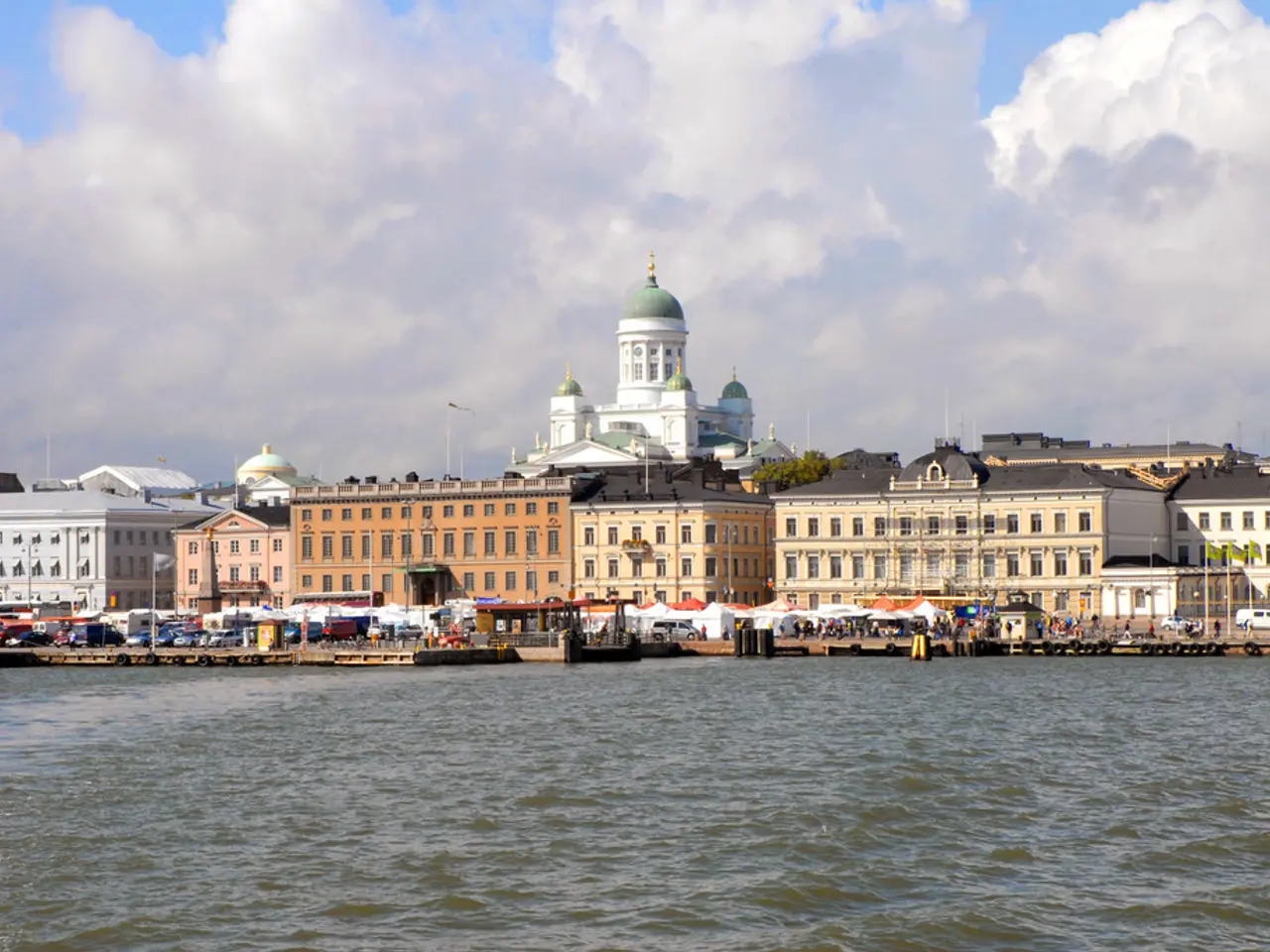International Countries Erupted in Excitement Due to theBRICS Summit
In a move that could reshape global dynamics, China, alongside other BRICS countries, has pledged to continue efforts aimed at maintaining peace and stability in the Middle East. The BRICS bloc, which also includes Russia, India, Brazil, and South Africa, is perceived as a potential threat to the West, due in part to its growing membership and influence.
The BRICS countries position themselves as a counterweight to Western hegemony, seeking to reshape global governance and economic standards. However, internal divisions and differing foreign policy priorities limit the bloc’s ability to act as a cohesive rival to Western institutions. Efforts to reduce reliance on the US dollar, particularly by Russia and China, are seen as strategic moves to circumvent Western sanctions and insulate member economies from US financial pressure.
The New Development Bank (NDB), launched within the BRICS system, aims to provide alternative development financing and potentially reduce dependency on Western-led financial institutions. Despite its objectives, the NDB’s loan portfolio remains modest compared to established institutions like the World Bank. The bank faces challenges such as competing interests among members, governance disputes, and a relatively small scale of operation, which limits its current threat to Western financial hegemony.
The Biden administration generally downplays the immediate threat posed by BRICS and the NDB, focusing more on internal divisions and economic challenges within the bloc. Some European policymakers caution that persistent anti-Western sentiment and dissatisfaction with Western institutions among BRICS members could foster a more confrontational global order if Western reforms are not forthcoming.
The NDB’s growth and the broader BRICS de-dollarization efforts are symbolic of shifting global economic power dynamics. However, the entrenched role of the US dollar and the internal heterogeneity within BRICS—including economic disparities and political differences—hinder rapid or comprehensive change.
In summary, the BRICS bloc and its New Development Bank initiative represent a growing strategic challenge to Western economic and political influence. However, actual threat levels are mitigated by internal divisions, limited scale of the NDB, and continued dominance of the US dollar. The bloc’s expansion and ambitions highlight a demand for multipolarity in global governance, but without deeper cohesion or financial clout, its ability to displace Western institutions remains constrained.
The BRICS countries are leveraging the New Development Bank (NDB) as a means to challenge Western-led financial institutions and reduce dependency, aiming to restructure global economic standards within the realm of policy-and-legislation. The prevailing politics amongst BRICS members, despite their shared anti-Western sentiments, restricts the NDB's ability to pose a significant threat to the West's financial dominance, as internal divisions and a relatively small scale of operation hamper its growth.







